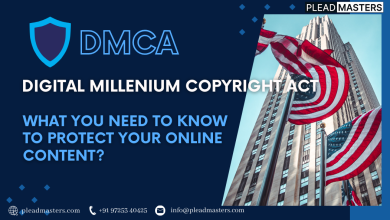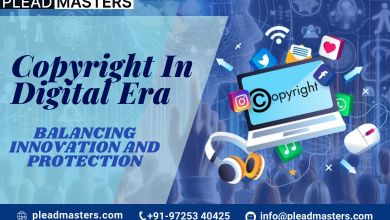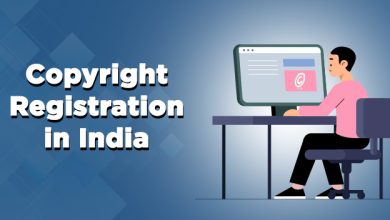Non-Fungible Tokens & Copyright – 5 Important Information For Creators & Buyers
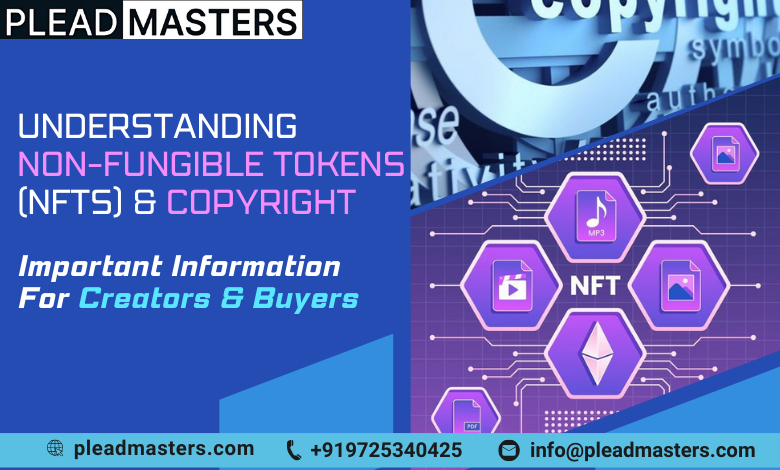
Pretend you are a creative individual who has just completed a wonderful piece of an artwork, by using digital tools. You would rather create it as an Non-Fungible Tokens & Copyright and list it for sale on the internet. The auction is an important success, and your artwork gets an excellent value. You’re thrilled as you watch your creation selling in the digital market. But then certain questions arise.
What rights did you genuinely offer for sale? Do you still have ownership of the copyright for your artwork? Do consumers have the right to reproduce or distribute this digital masterpiece? As a consumer, do you have the right to reproduce or distribute this digital masterpiece? These are the basic questions underlining the changing connection between Non-Fungible Tokens & Copyright law.
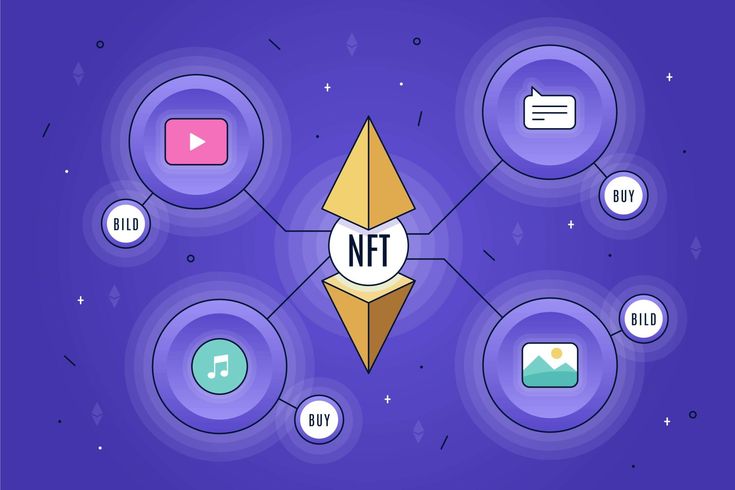
Non-Fungible Tokens & Copyright have upset how we recognize and exchange advanced resources. NFTs, interesting and imperative things on the blockchain, span from craftsmanship and music to virtual genuine domain. All things considered, this headway brings around a large number of lawful issues, particularly those related to copyright. This web journal will investigate the complex subject of NFTs and copyright, advertising important bits of knowledge for makers and buyers.
What Do Non-Fungible Tokens & Copyright Refer To?
Non-Fungible Tokens, too known as NFTs, are advanced resources that speak to possession or certification of the creativity of an unmistakable thing ordinarily created utilising blockchain innovation. NFTs have particular highlights compared to fungible cryptocurrencies such as Bitcoin and Ethereum, permitting for potential person exchangeability.
NFT and Digital Ownership
Having ownership of an NFT does not essentially compare to having the rights to the first work’s copyright. Understanding the contrast between owning an Non-Fungible Tokens & Copyright rights is pivotal for people.
Having an NFT involves owning a blockchain token connected to an advanced resource.
Copyright alludes to the lawful rights that protect a creator’s unique work. Copyright holders have a sole specialist to duplicate, disperse, display, and show their manifestations.

Copyright Law Basics
Copyright could be a frame of lawful assurance allowed to the makers of unique works of origin, such as scholarly, sensational, melodic, and aesthetic works. This assurance is naturally given upon the creation of the work, given that the work is settled in a substantial medium of expression. Here are a few key angles of copyright:
- Programmed Assurance: Copyright consequently secures an unique work upon its creation.
- Select Rights: The copyright proprietor exclusively has the rights to use and disseminate the work.
- Duration: Copyright ordinarily perseveres for the length of the creator’s life beside a foreordained number of a long time included.
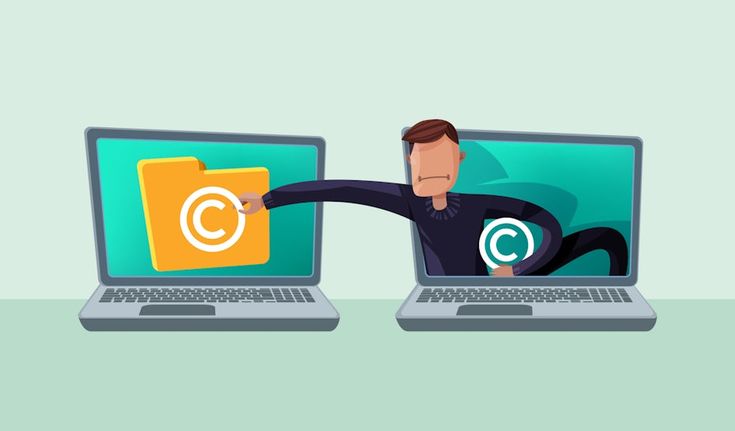
Issues with Non-Fungible Tokens & Copyright Lawsuits
The connection between Non-Fungible Tokens & Copyright law brings various challenges:
- Ownership Misunderstanding: Numerous purchasers mistakenly think they possess the copyright related to an NFT’s work.
- Potential legal actions could occur if someone sells an NFT of a copyright-protected piece without the proper authorization from the rights owner.
- Smart Contracts: NFTs often use smart contracts, so they might not adequately deal with copyright problems.
Implications For Creators
When minting and selling NFTs, creators need to be conscious of their rights.
- Clear licensing Terms: make sure that the NFTs smart contract refers to the rights the buyer is receiving.
- Royalties: Make use of the ability to include royalties in smart contracts to guarantee moving forward compensation from future sales.
- Copyright Registration: Consider officially registering your copyright to secure legal protection and assist with enforcement.
Implications for buyers
Buyers should be aware of the exact item they are purchasing:
- Check the licence for accuracy: Understand the rights conveyed via NFTs. Most NFTs do not provide copyright ownership.
- Due Diligence: Confirm the validity and provenance of the NFT.
- Legal Risks: Be aware of the potential legal problems, which include buying an NFT that violates someone else’s copyright.
Non-Fungible Tokens & Copyright: The Future
The legal landscape for Non-Fungible Tokens & Copyright continues to grow.
- New Legislation: Governments and regulatory agencies might pass new legislation to meet certain challenges provided by NFTs.
- Industry Standards: The NFT market might develop regulated methods for dealing with copyright issues.
- Technological Solutions: Blockchain and smart contracts can develop to better manage and enforce copyright contracts.
Conclusion
As NFTs proceed to develop in notoriety, understanding the complexities of copyright is fundamental for both makers and buyers. For makers, being clear about the rights they are offering and guaranteeing appropriate permitting terms can secure their mental property and give continuous income through eminence. For buyers, due perseverance and a clear understanding of what they are obtaining can offer assistance, dodge legitimate pitfalls and guarantee a sound speculation.
The advancing lawful scene implies that both parties must remain educated about modern improvements and potential changes in enactment. Organisations like PleadMasters play a vital part in directing people through these complexities, guaranteeing that makers can secure their work and buyers can unquestionably contribute in computerised resources.
By remaining educated and taking proactive legitimate steps, makers and buyers alike can explore the NFT showcase more successfully, leveraging the energising openings it offers whereas shielding their rights and speculations. As we move forward, the exchange between Non-Fungible Tokens & Copyright law will proceed to shape the advanced craftsmanship and resource scene, making it an imperative range of centres for anybody included within the creation, deal, or buy of NFTs.
About PleadMasters [https://www.pleadmasters.com/]
At PleadMasters, our expertise is in Intellectual Property (IP) Law, specifically in the constantly changing realm of digital assets and NFTs. Situated in Surat, Gujarat, India, our team is committed to offering thorough, customised, and innovative legal services to safeguard ideas, creations, and brands in the current competitive global market.
We grasp the challenges of owning digital content and copyright, and we are available to assist creators and purchasers in navigating the complex legal landscape. Whether you’re an artist looking to mint your first NFT or a buyer navigating the world of digital art, PleadMasters is your trusted partner in safeguarding your intellectual property rights.
For more references
https://www.irccl.in/post/nfts-and-mapping-its-regulation-in-india
https://www.india.gov.in/website-copyright-office
(CopyrightLaw, NFTCommunity, CryptoArt)
